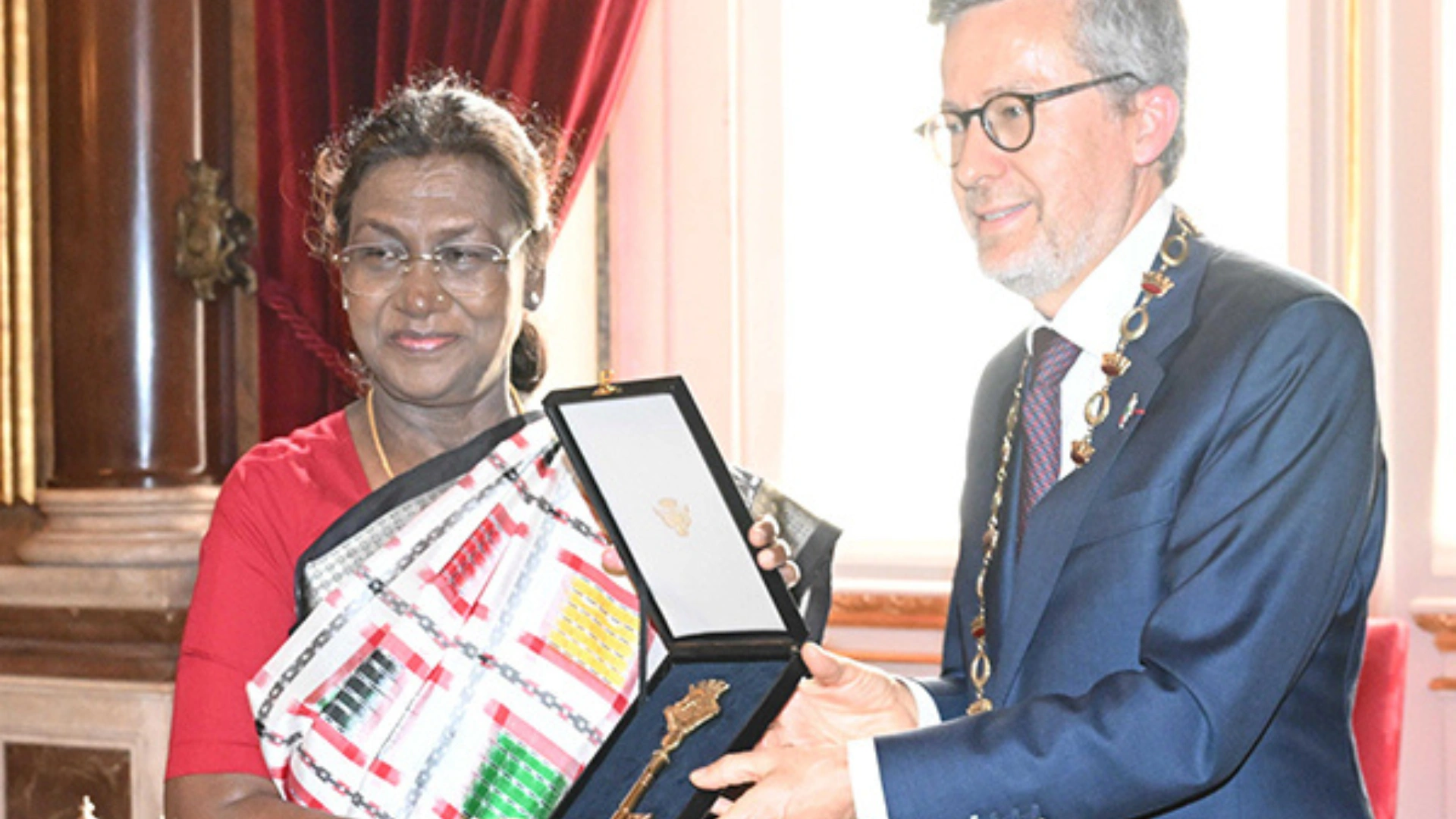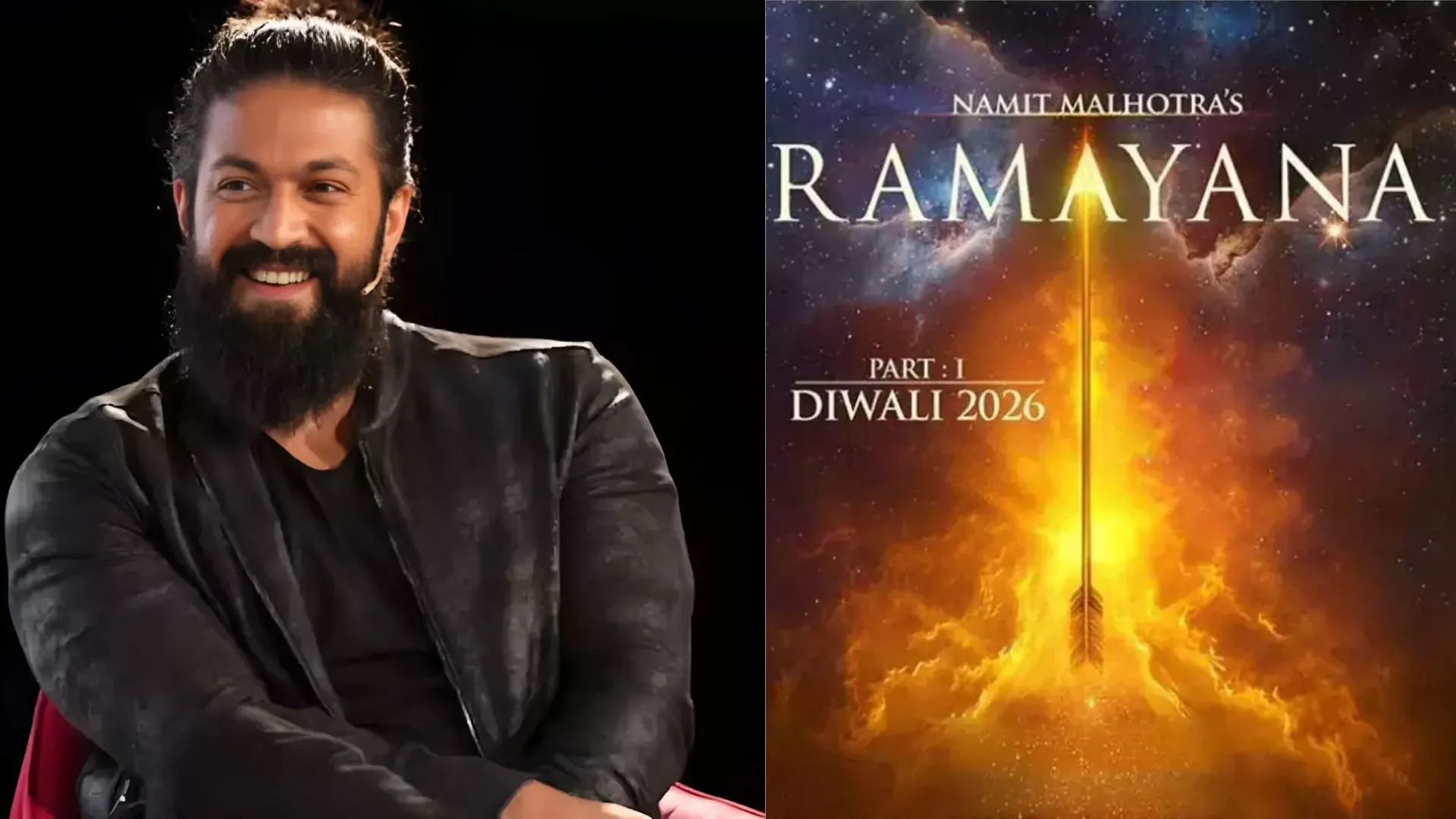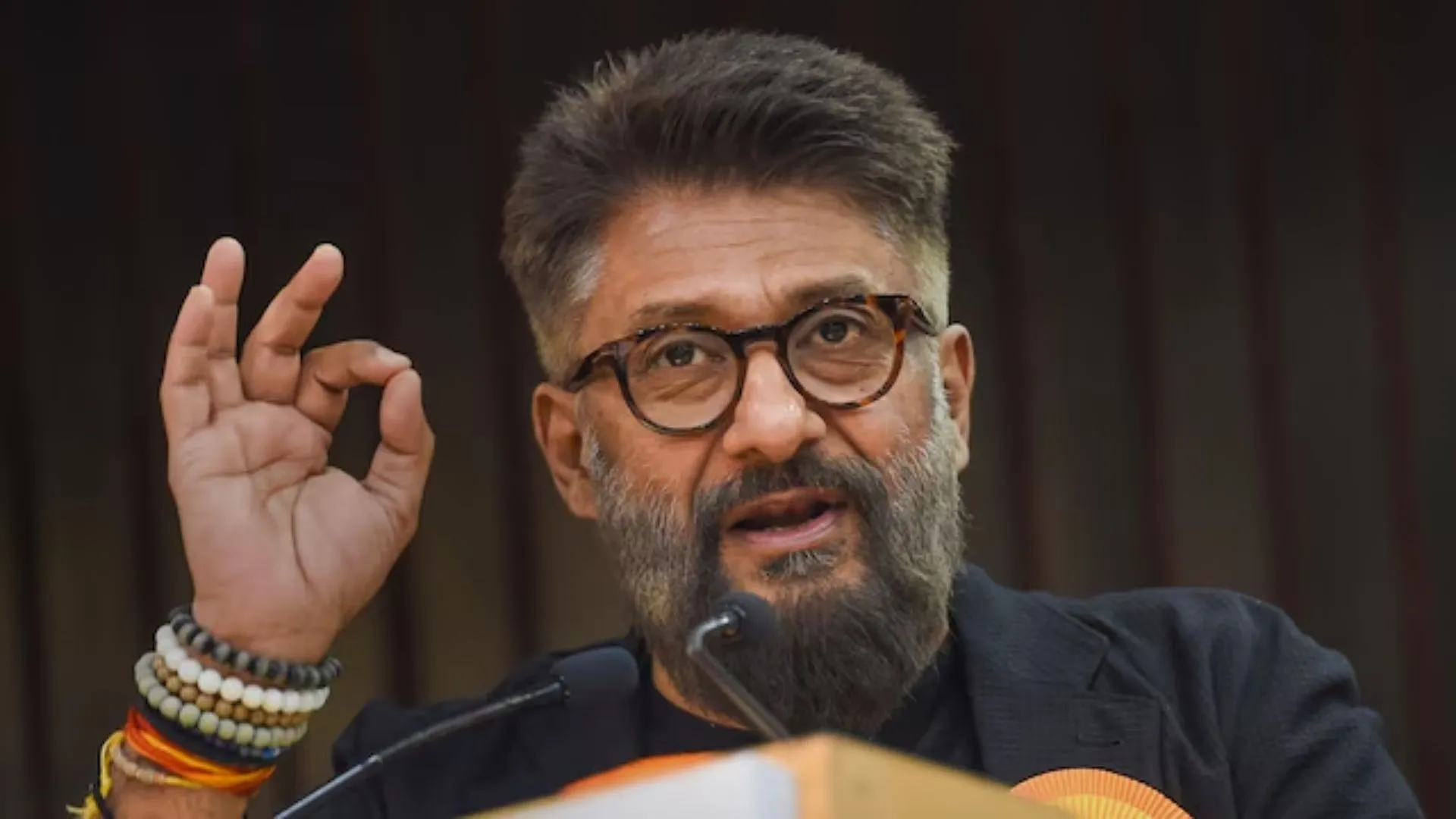Secretary of State Marco Rubio said on Friday that the US will soon know if Russia is genuinely committed to peace with Ukraine, suggesting that a clear indication of Moscow’s intentions will come in a matter of weeks, not months, Reuters reported. This comes after European allies voiced frustration over Russia’s perceived delay in responding to the US proposal for a ceasefire in the ongoing conflict.
Rubio’s comments, made at the conclusion of a two-day NATO meeting, echoed growing concerns within the US and its European partners about Russia’s stance on ending the three-year war. While President Donald Trump has repeatedly expressed optimism that Russian President Vladimir Putin is ready to negotiate peace, sources told Reuters that the White House is beginning to question whether Putin is genuinely seeking a resolution or simply stalling for time.
“We will know soon enough, in a matter of weeks, not months, whether Russia is serious about peace or not. I hope they are,” Rubio told reporters, according to Reuters. He stressed that the US would not entertain endless negotiations for the sake of negotiations. “If this is dragging things out, President Trump’s not going to fall into the trap of endless negotiations about negotiations,” Rubio added.
The US had proposed a full 30-day ceasefire in March, which Ukraine agreed to, but Russia rejected the offer. Instead, the warring sides agreed to a limited pause in attacks on each other’s energy infrastructure, though both sides have accused each other of violating the terms.
Meanwhile, European leaders have grown increasingly vocal in their calls for the US to demand that Moscow prove its seriousness by committing to a full ceasefire. French Foreign Minister Jean-Noël Barrot criticised Russia for its lack of response to the US mediation efforts, reportedly saying Moscow “owes an answer to the United States.” British Foreign Minister David Lammy accused Putin of “obfuscating” and “dragging his feet,” while German Foreign Minister Annalena Baerbock dismissed Putin’s talk of negotiations as “empty promises,” arguing that he was simply “playing for time.”
Some European officials have suggested that the US should set a clear deadline for Russia to accept a ceasefire, while others, including Canada and Estonia, called for a defined timeline for increasing pressure on Moscow if it fails to act.
A senior State Department official told the news agency that while there is no consensus on a specific timeline, there is agreement that the situation must be addressed “sooner rather than later.” “There was consensus that Russia needs to do more, that Russia should agree to a ceasefire,” the official reportedly said.
As the conflict drags on, European confidence in the US as a “protector against Russian aggression” has been strained, particularly in the light of President Trump’s continued outreach to Moscow. Responding to a question on whether or not Washington would make concessions that could undermine European interests, Norwegian Foreign Minister Espen Barth Eide reportedly said there was broad agreement among NATO members on the red lines that must not be crossed.
One senior European diplomat reflected a shared sentiment, saying, “I would say that he (Rubio) said all the right things. But the point is whether there is enough trust left between the US and its allies.”
ALSO READ: China Announces 34% Tariff on US Imports Amid Escalating Trade Tensions






















